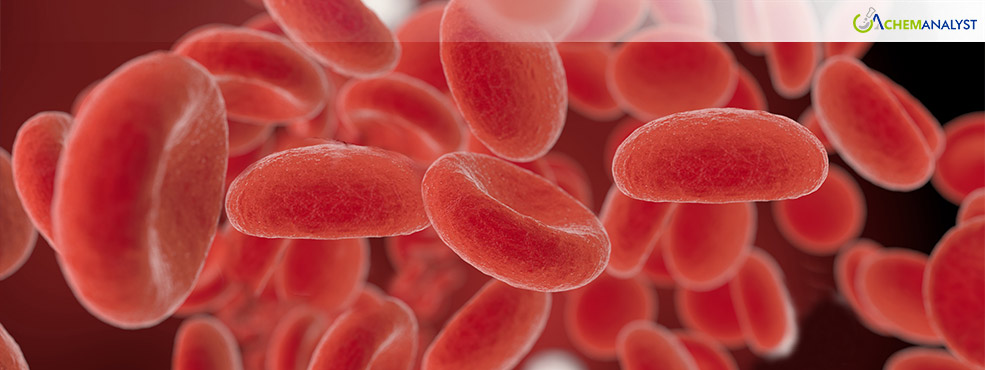Welcome To ChemAnalyst

In a groundbreaking achievement for Indian medical science, scientists at the Centre for Stem Cell Research (CSCR) at Christian Medical College (CMC), Vellore, have successfully developed and administered the first-ever human gene therapy for severe haemophilia A. This innovative treatment, leveraging lentiviral vectors, has shown remarkable results in a single-centre study involving five participants aged between 22 and 41 years.
The newly developed gene therapy offers a potentially curative solution for haemophilia A. It involves modifying a patient's own hematopoietic stem cells (HSCs) with a lentiviral vector carrying a functional copy of the Factor VIII gene. These genetically engineered HSCs are then infused back into the patient's bloodstream, where they differentiate into blood cells capable of producing Factor VIII.
Haemophilia A is a rare but debilitating genetic disorder characterized by a deficiency in clotting Factor VIII.
This deficiency leads to prolonged bleeding episodes, even from minor injuries, and significantly impacts the quality of life of those affected. While India accounts for a relatively small portion of global cases, it carries the second-highest burden of haemophilia worldwide, with an estimated 136,000 individuals living with the condition.
Traditional treatments for haemophilia A primarily involve frequent infusions of Factor VIII and clot-preserving medications used to strengthen blood clots and reduce bleeding. This is often a costly and inconvenient approach. This method necessitates regular hospital visits, carries the risk of adverse reactions, and can be challenging for patients, particularly children, who may develop needle phobia. Moreover, the long-term adherence to this treatment regimen can be burdensome.
Clinical Trial Results
The clinical trial, conducted earlier this year, enrolled five participants between age 21 to 45 with severe haemophilia A. The results, published in the prestigious New England Journal of Medicine, are highly encouraging. All five participants experienced a significant reduction in bleeding episodes, with some reporting zero annualized bleeding rates. Furthermore, the therapy led to sustained production of Factor VIII, eliminating the need for frequent infusions.
Long-Term Efficacy and Safety
The researchers monitored the participants for six months post-treatment and observed a strong correlation between Factor VIII activity levels and the number of vector copies in their peripheral blood. This finding suggests the long-term efficacy and safety of the gene therapy. The team is optimistic about the potential for this groundbreaking treatment to transform the lives of individuals with haemophilia A.
A Beacon of Hope for the Future
This pioneering achievement not only represents a significant milestone in the field of gene therapy but also offers hope for patients with haemophilia A in India and globally. By addressing the limitations of conventional treatments, this innovative approach has the potential to provide a durable and effective solution for this debilitating disorder.
We use cookies to deliver the best possible experience on our website. To learn more, visit our Privacy Policy. By continuing to use this site or by closing this box, you consent to our use of cookies. More info.
